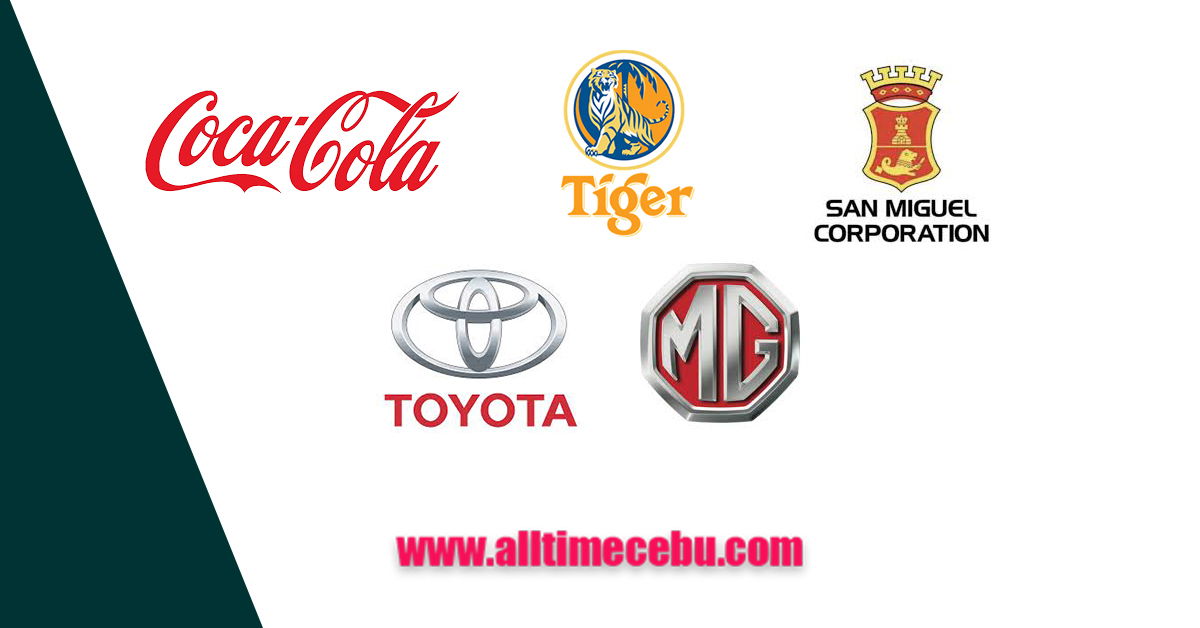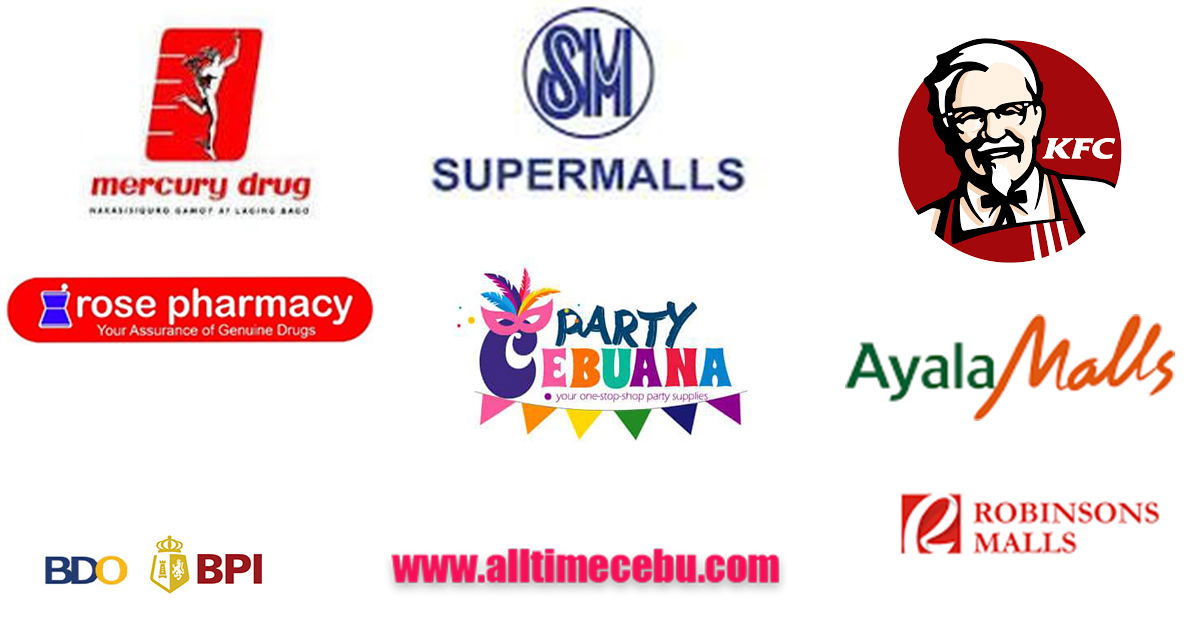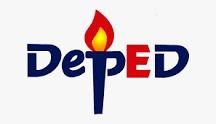Difference Between ECQ & GCQ: Your Ultimate Guide
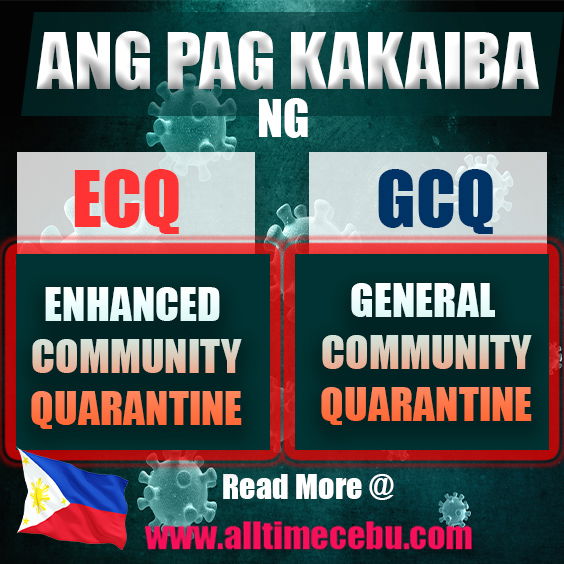
The Inter-Agency Task Force on Emerging Infectious Diseases (IATF-EID) along with President Rodrigo Duterte, approved Resolution No. 29 which talks about the rules in areas that should still be under Enhanced Community Quarantine (ECQ) until May 15 and areas that will be in General Community Quarantine (GCQ) starting today, May 1.
But what is the difference between Enhance Community Quarantine (ECQ) & General Community Quarantine (GCQ)? Information below are your guide on how you should act within your community.
Difference between ECQ and GCQ?
GCQ is dubbed as a "new normal" as public movement in areas under it is less restricted compared to the ones under ECQ. It is enforce in provinces and cities that have moderate or low risk to COVID-19.
On the other hand, public transportation systems under ECQ areas are suspended and only establishements offering essential goods and services are allowed to operate such us groceries, supermarkets, banks and pharmacies. While under the GCQ, public transportation is allowed but in reduced capacity and 50-100% of select establishments will be opened and still subject to health standards.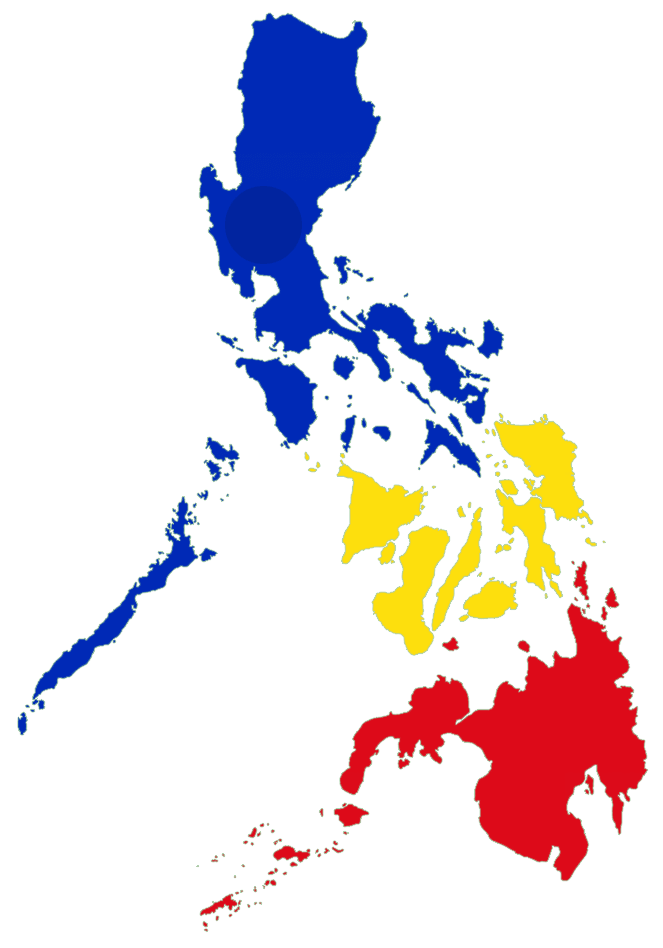
Places that will remain under ECQ until May 15 are the following:
| 1.National Capital Region (NCR) |
| 2. Region III (Central Luzon), except the Province of Aurora |
| 3. Region IV-A (CALABARZON) |
| 4. The Province of Pangasinan |
| 5. The Province of Benguet including Baguio City |
| 6. The Province of Iloilo |
| 7. The Province of Cebu including Cebu City |
| 8. Davao City |
According to Presidential Spokesperson Harry Roque, places not included under the ECQ are automatically covered by the GCQ.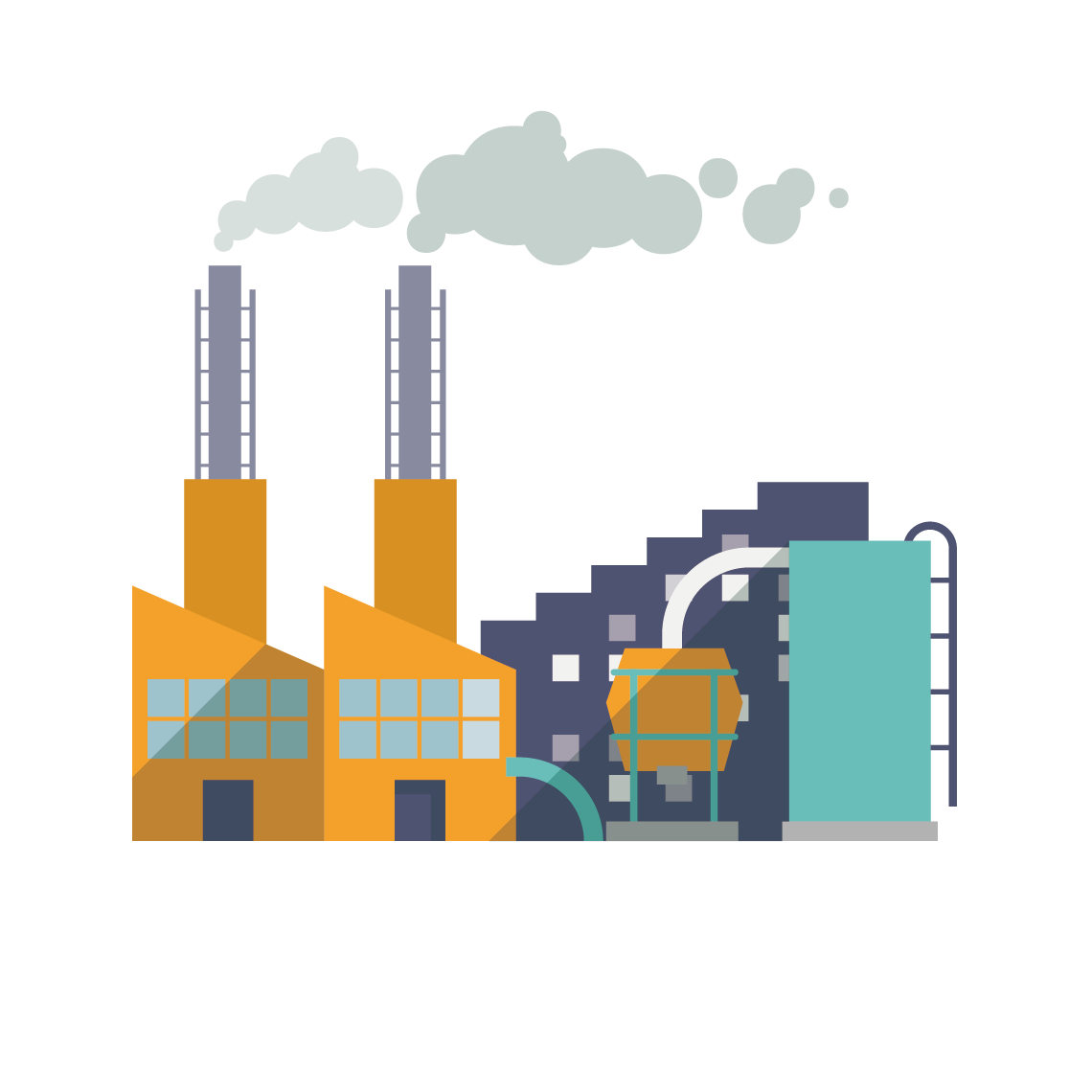
Industries ALLOWED to operate both under ECQ and GCQ are the following:
1. Hospitals and medical clinics
2. Dental and EENT clinics (with strict health standards)
3. Agriculture and fisheries (including manufacturing of feeds, fertilizers, and pesticides)
4. Manufacturing and processing factories of basic food products, essential products, medicines, and medical supplies (including manufacturing of raw materials, inputs, and packaging)
5. Food preparations and water refilling stations
6. Banks and capital markets
7. Power, energy, water, IT and telecommunications supplies and facilities, waste disposal services and technical services to above utilities
8. Retail establishments (groceries, supermarkets, hypermarkets, convenience stores, public markets, pharmacies, and drug stores)
9. Logistics service providers (cargo handling, warehousing, trucking, freight forwarding, and shipping line)
10. Delivery services transporting food, water, medicine, pet food, hardware products, clothing and accessories, office supplies and other basic necessities (whether or not e-commerce platform, in-house or outsourced)
11. Electricity, gas, steam, and air conditioning supply
12. Postal and courier activities
13. Water collection, treatment, and supply
14. Waste collection, treatment, and disposal activities except materials recovery (junk shop)
15. Sewerage (except emptying of septic tanks)
16. Veterinary activities
17. Repair and installation of machinery and equipment
18. Repair of computers and personal household goods
19. Services to buildings and landscape activities (except landscape care)
20. Employment activities (manpower services for essential activities)
21. Security and investigation activities
22. Programming and broadcasting activities
23. Rental and leasing activities (except for entertainment/mass gathering purposes)
24. Accommodation (used as quarantine facilities for overseas Filipino workers and overseas Filipinos, as well as temporary accommodation for essential industries such as healthcare facilities, banks, BPOs, exporters and other frontline service sectors)
25. Extraction of crude petroleum and natural gas
26. Gasoline stations
27. Laundry shops (including self-service)
28. Funeral services
29. Export companies (50% onsite work and 50% work from home is allowed)
30. Business process outsourcing companies (50% onsite work and 50% work from home is allowed)
31. Mining and quarrying
Industries or establishments ALLOWED during GCQ but PROHIBITED during ECQ
1.) Manufacturing activities of the following:
- Beverages (non-alcoholic and alcoholic drinks)
- Cement and steel
- Electrical machinery
- Wood products, furniture
- Non-metallic products
- Textile/wearing apparels
- Tobacco products
- Paper and paper products
- Rubber and plastic products
- Coke and refined petroleum products
- Other non-metallic mineral products
- Computer, electronic and optical products
- Electrical equipment
- Machinery and equipment
- Motor vehicles, trailers, and semi-trailers
- Other transport equipment
2. Malls and commercial centers (including hardware stores, clothing, and accessories and non-leisure stores)
3. Barbershops, salons, spas, and other personal care industries (with strict health standards)
4. Wholesale and retail trade and repair of motor vehicles and motorcycles
5. Construction and Build, Build, Build activities
6. Forestry and logging
7. Publishing activities
8. Motion picture, video and television program production, sound recording and music publishing activities
9. Advertising and market research
10. Real estate activities (except real estate buying and selling)
11. Office administrative, office support, and other business activities
12. Legal and accounting
13. Insurance, reinsurance, and pension funding (except compulsory social security)
14. Architecture and engineering activities, technical testing and analysis
15. Scientific and research development
16. Other professional, scientific and technical activities
17. Social work activities without accommodation
18. Government office (frontline offices)
The following activities and establishments remain PROHIBITED or should be CLOSED both during ECQ and GCQ
1. Mass gatherings
2. Gyms/fitness studios and sports facilities
3. Libraries, archives, museums, and other cultural activities
4. Travel agency, tour operator, reservation service and related activities
5. Gambling and betting activities
6. Activities of membership organizations such as election rallies, polling centers, parades, speeches
7. Trade shows, conferences, conventions, workshops, retreats
Establishments ALLOWED to operate in MALLS under the GCQ
Under the GCQ, malls are allowed to operate, but only select businesses/stores will be open to serve the public. And, strict safety protocols will be implemented both for mall-goers and the mall employees.
1. Supermarkets
2. Drugstores
3. Banks
4. Laundry Service
5. Restaurants (for take-out and delivery only)
6. Hardware
People aged 21 to 59 and who appear to be in good health, are the ONLY allowed to go out and enter the malls and public areas and must present IDs. There will be mandatory temperature checks in malls and veryone is obliged to sanitize his or her hands with alcohol when entering the mall. Number of people inside the mall will be limited to practice social distancing.
School and Education Guidelines
Schools must remain closed until September 2020 but can conduct online classes, subject to Department of Education guidelines. Universities and colleges can deploy a skeletal workforce starting May 4 and prepare flexible learning arrangements for the next school year.
Final Thoughts
We hope these lists help and guide you on the things that are allowed and prohibited during ECQ and GCQ. For more updates about Coronavirus Disease and the number of cases in Cebu, visit All Time Cebu's COVID-19 update page.
